INTRODUCTION TO ROBERT FROST-
Born on March 26, 1872 in San Francisco, Robert Frost is among the most famous American poets. Though he grew up in America, Robert’s works are far from the conventional American poetry, his writing style varies from the traditional norms of American poetry. Robert is known mostly for his work concerning the landscape of England, his writings were also published first in the United Kingdoms and then in the United States.
INTRODUCTION TO OUT, OUT-
Written during the period of World War 1, Robert Frost’s “Out, Out” represents a critic of the war and the repercussions it had on the lives of thousands of innocent boys of England.
SETTING OF OUT, OUT-
Just like many of his works, Robert Frost has set this poem in rural England. The context of the poem is suggestive of a rural, very low populated area, since there is an obvious lack of necessary public facilities like hospitals, for instance.
POETIC DEVICES IN OUT, OUT-
Blank Verse-
The poem is composed in blank verse since there is no rhyme pattern. The poem follows the rhythm of natural speech.
Iambic Pentameter-
“And then—the watcher at his pulse took fright”
Repetition-
“And the saw snarled and rattled, snarled and rattled”
“And made dust and dropped stove-length sticks of wood”
Alliteration-
“And the saw snarled and rattled, snarled and rattled”
“And from there those that lifted eyes could count”
“Sweet-scented stuff when the breeze drew across it”
“And made dust and dropped stove-length sticks of wood”
Personification-
” The buzz saw snarled and rattled in the yard”, the saw has been personified here as it is shown rattling and snarling.
SUMMARY OF OUT, OUT-
The poem starts with the description of the saw, a tool used to cut the wood. The poet has personified the saw, the buzz of the tool seems to be snarling and rattling. The saw while cutting the woods “made dust” and the pieces are told to be cut in “stove-length sticks” which fall to the ground after being cut. The speaker then gives a brief idea of the place where the poem is set and indicates that it is late in the evening, the sun has already set in Vermont. He says that the blowing breeze contains in it the scent of the cut wood, and one can see the five mountain ranges standing one after the other. The speaker says that the day is done and it is time for the saw to stop cutting woods, that is, it is time for the worker to take rest after a long day of hard work. The poem than takes a turn by mentioning the protagonist, the little boy. The speaker says that if the little boy was given leave half an hour ago, been told to take the much needed rest and was saved from the extra hours of harsh labor, it would have pleased the boy. Then, the boy’s sister appears calling him for supper. The boy, at the mention of food gets excited and cuts his hand with the saw. The poet again personifies the saw here, saying that the saw, as if knowing what supper meant, leaped out of the boy’s hand, cutting it in the process, for his hand is the saw’s supper. The speaker tells that the boy cries out and hold his hand, tries to stop the bleeding to keep his hand and his life. The boy, though he is performing the dangerous work of an adult is still a little boy at heart but is mature enough to realize that the doctor will have to cut his hand to keep him alive, thus, he pleads his sister to not let the doctor cut his hand. But the boy loses his hand and the doctor gives him ether to lessen his pain, the boy sighs in pain. The little boy’s heartbeat takes a fright, his pulse increases but nobody takes notice, not even the doctor is able to decipher his increasing heart beat, and gradually the little boy’s heart stops beating at all. The poem ends with a reminder of the harsh reality of life, the speaker tells that after the death of the boy, everyone present goes around their affairs without giving him a second glance, for it is him who is dead and not them.
CRITICAL ANALYSIS OF OUT, OUT-
The poem is a critic of the society and the war. During and after the World War 1, many innocent young boys lost their lives fighting the battles of the corrupt and selfish. The rural life of England was destroyed with no necessary facilities provided to the public, small children, especially boys, were forced into harsh labor for earning minimum wages, their childhood was stolen from them, they became too mature too soon. The protagonist of the poem is representative of millions of boys whose lives were destroyed due to selfish adult needs and greed, the lack of essential services like doctors or medical care, and the sick society filled with unemphatic people. The poem portrays a horrifying picture of the rural England where the people who are supposed to lend a helping hand to others are all but sympathetic. Also, the repercussions of the lack of technology, transportation, and services like proper medical care are highlighted, for instance, the doctor in the poem is unable to hear the boy’s increasing heartbeat due to the lack of proper equipment and when he does figure the problem out, he ignores it, giving a little boy a very dangerous drug “dark ether” is another deadly mistake on the doctor’s and in a larger view, the government’s part.
TONE OF OUT, OUT-
The tone of the poem is scary, horrifying and melancholy. The saw being personified as snarling and rattling provides the image of a hungry wild animal on hunt, the image of the selfish society portrayed is horrifying and the poem has the undertone of melancholy which especially strengthens during the last few lines which describe the boy’s death and the society’s cruel ignorance of the unfortunate circumstance.
CONCLUSION-
“”Out, Out” by Robert Frost is a brilliant poem which is successful in opening the readers’ eyes towards the inhumanity that still exists among the humans and invoking the feeling of love and sympathy for all the lost innocent lives.
Contributor: Radhika Goel
Some online learning platforms provide certifications, while others are designed to simply grow your skills in your personal and professional life. Including Masterclass and Coursera, here are our recommendations for the best online learning platforms you can sign up for today.
The 7 Best Online Learning Platforms of 2022
- Best Overall: Coursera
- Best for Niche Topics: Udemy
- Best for Creative Fields: Skillshare
- Best for Celebrity Lessons: MasterClass
- Best for STEM: EdX
- Best for Career Building: Udacity
- Best for Data Learning: Pluralsight



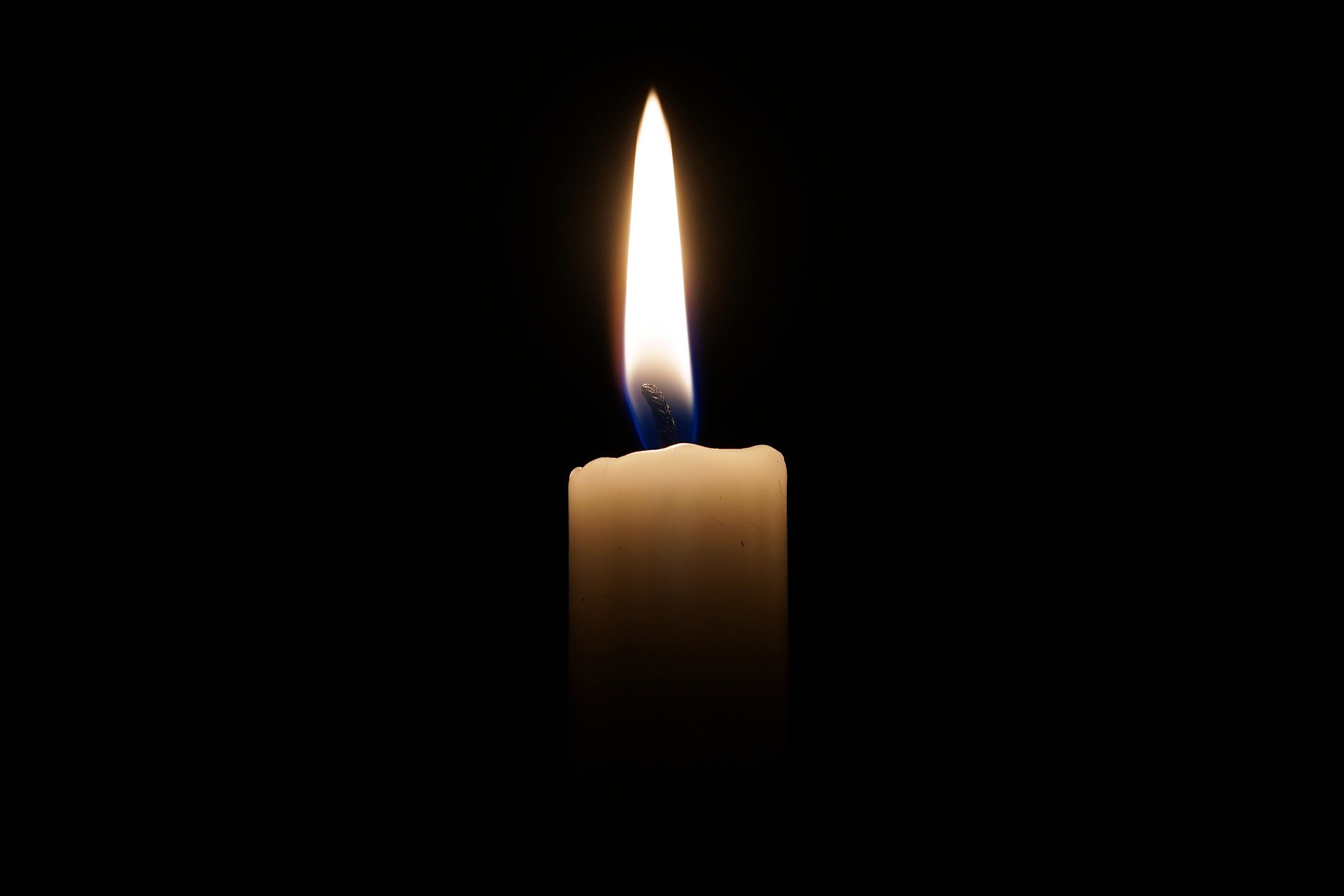
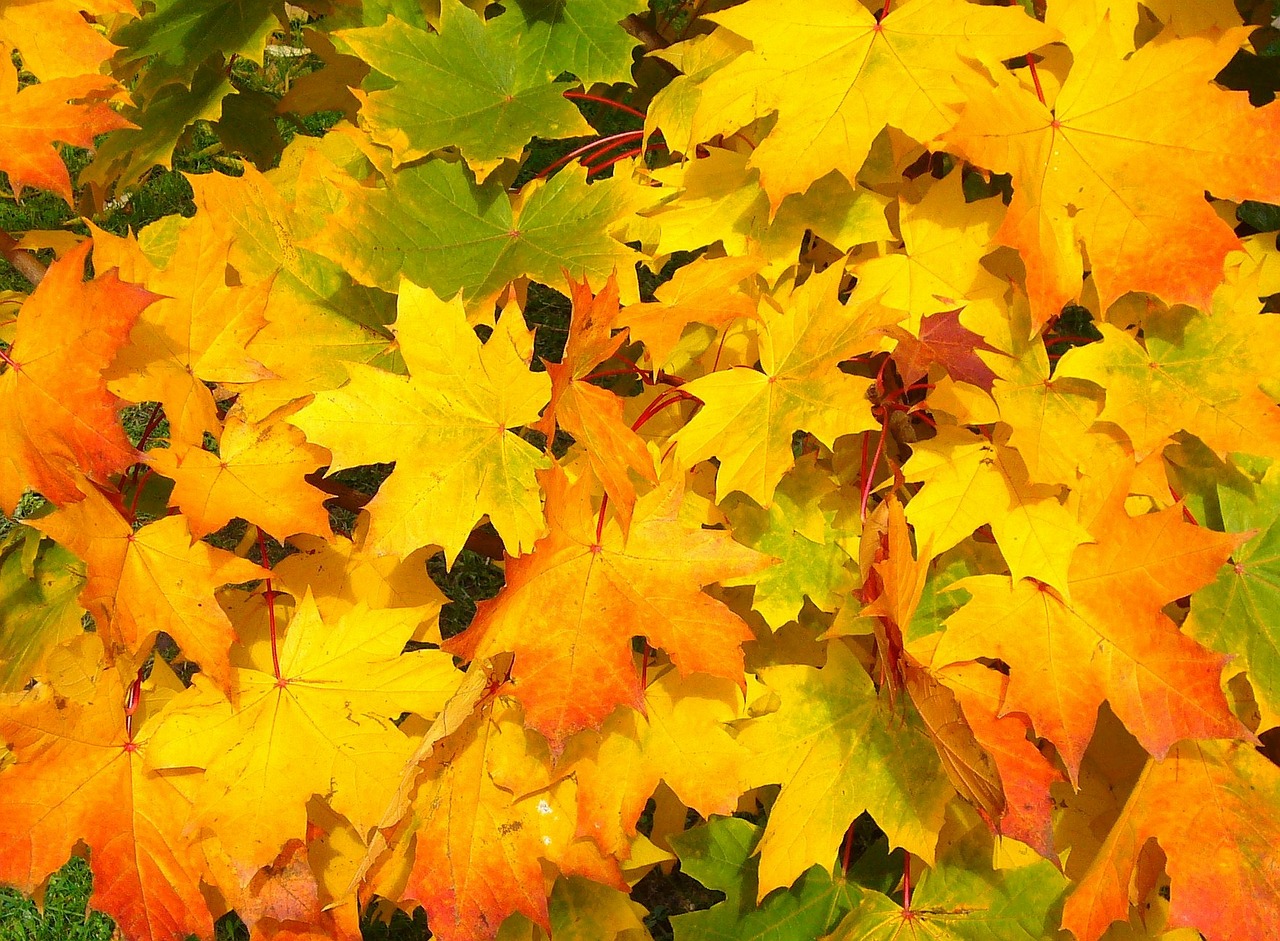



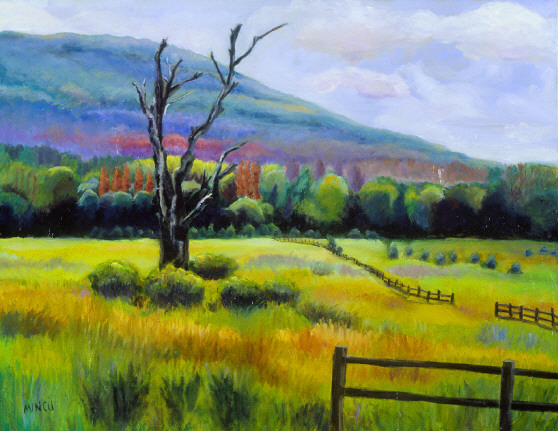
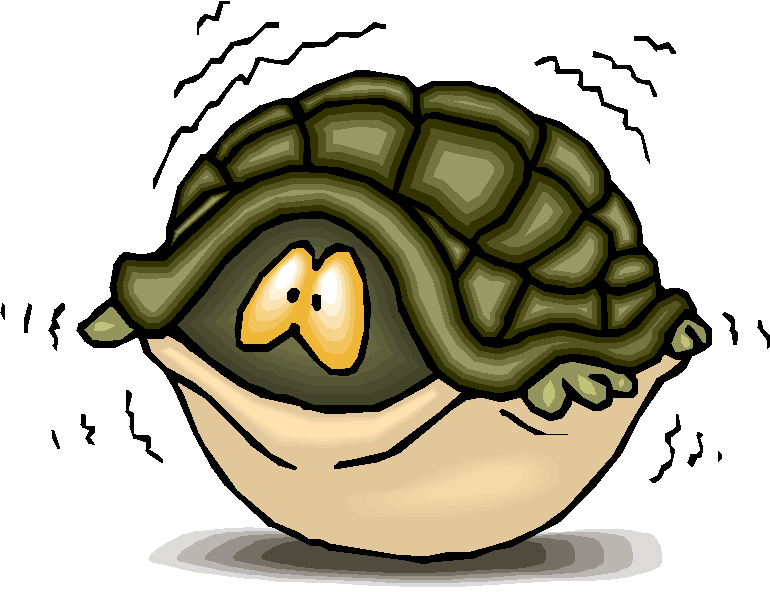
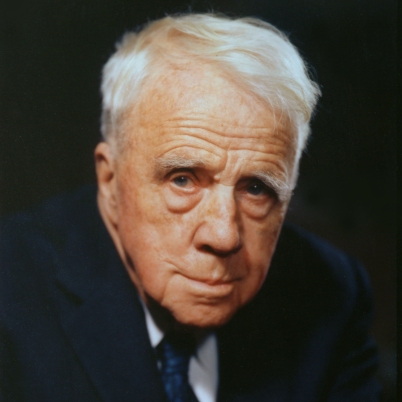






Great analysis. Anyone can understand the main theme of the poem by reading this ananlysis.